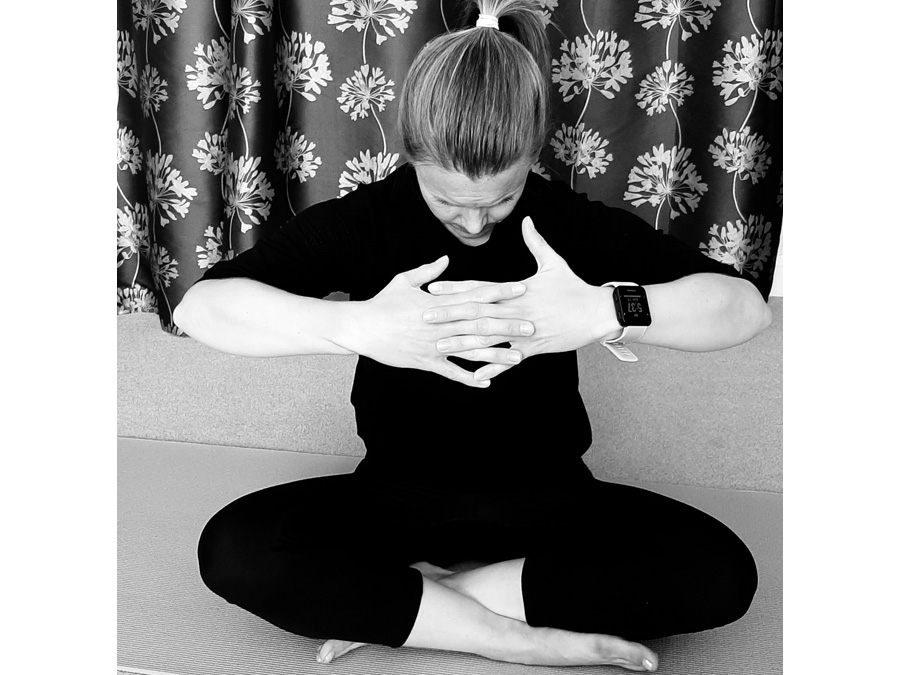Let's be Flexible
Flexibility is the ability to move muscles and joints through a full normal unrestricted pain free range of motion (ROM) and as such plays a major role in our overall fitness.
Tight muscles increase tension both physically and mentally affecting your joints, posture, movement and put you more at risk of pulled muscles, pain and injury. Tight muscles will put you off balance and depending upon which muscles are tight this can lead to rounded shoulders, back pain and spine problems.
Stretching helps to lengthen muscles, increase strength, reduce tension, improve posture, stress and tiredness. All promoting a greater range of movement, reduction in injuries, greater physical performance and general well-being.
Pilates lengthens and stretches all the major muscles groups in a balanced fashion for example by concentrating on stretching opposing muscle groups such as hamstring and quadricep stretches.
Don't worry about how flexible you are to start, you only need to go as far as you are comfortable. Plus you can adjust movements and positions with cushions or blocks to make exercises more comfortable.
If you are quite tight in your upper back and neck, when you lie down you might have quite a lot of tension in your face and neck because you can’t lie flat. Placing a cushion or block underneath you can correct the position and make it much more comfortable. Similarly some people find it very uncomfortable on their hips when they sit on the floor. Sitting on a block or cushion raise you up a little bit, taking the tension out of the muscle and making the position more comfortable.
It is also important to focus on relaxed breathing to encourage a stretch and relax and flow into it. Holding your breath can add more tension to your body, whereas if you breathe in through your nose and out through your mouth it is more relaxed, releasing tension as you breathe out. If you focus on your breathing in this way when you are stretching it gives you a speed to work to and avoids adding tension elsewhere. You can breathe with a movement, relaxing into it more and releasing tension as you breathe out, helping to flow the different moves.
The more you practice Pilates, the more your flexibility will improve as your muscles lengthen and strengthen. Regular practice will keep your muscles stretched and supple, reducing muscle tension and with it stress on different parts of the body and your mind. All contributing to a greater range of pain free movement in every day life, better performance in your activities and sport, less risk of injury, improved recovery, reduced tiredness and improved relaxation.
Let's be Flexible!

"If your spine is inflexibly stiff at 30, you are old. If it is completely flexible at 60, you are young."
Joseph Pilates